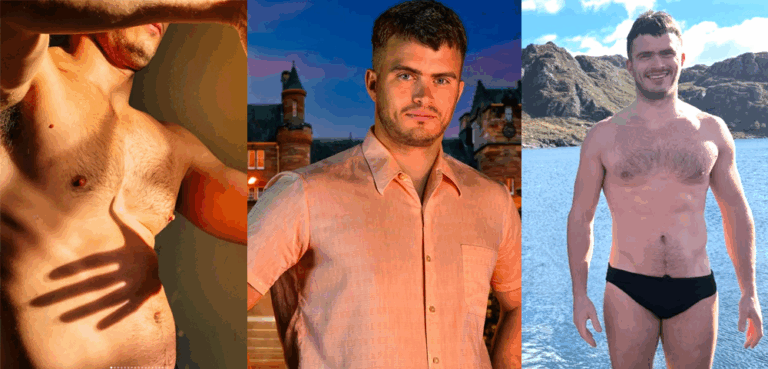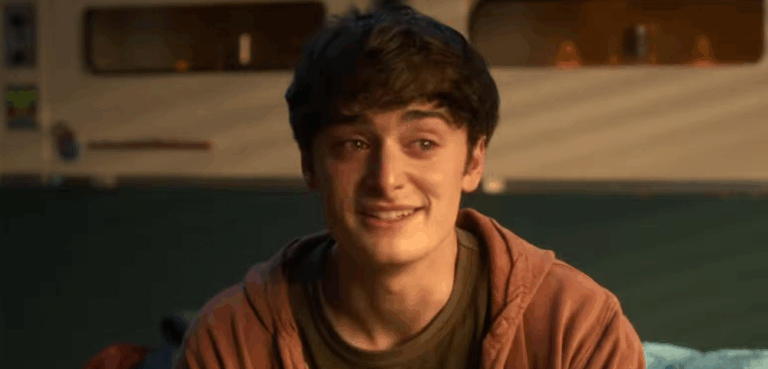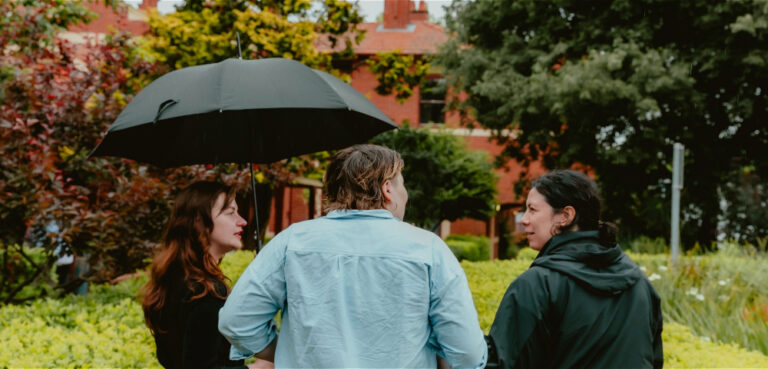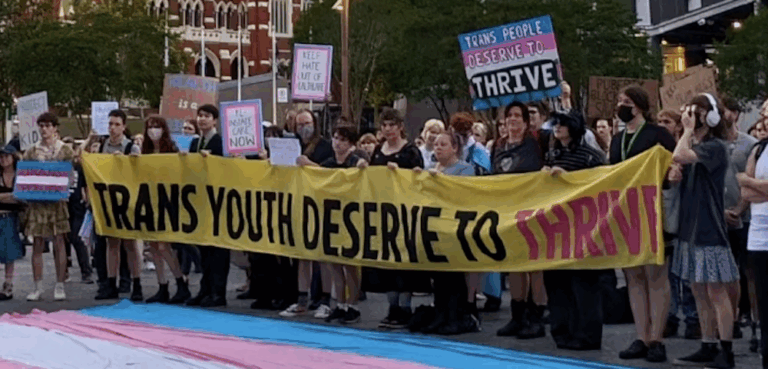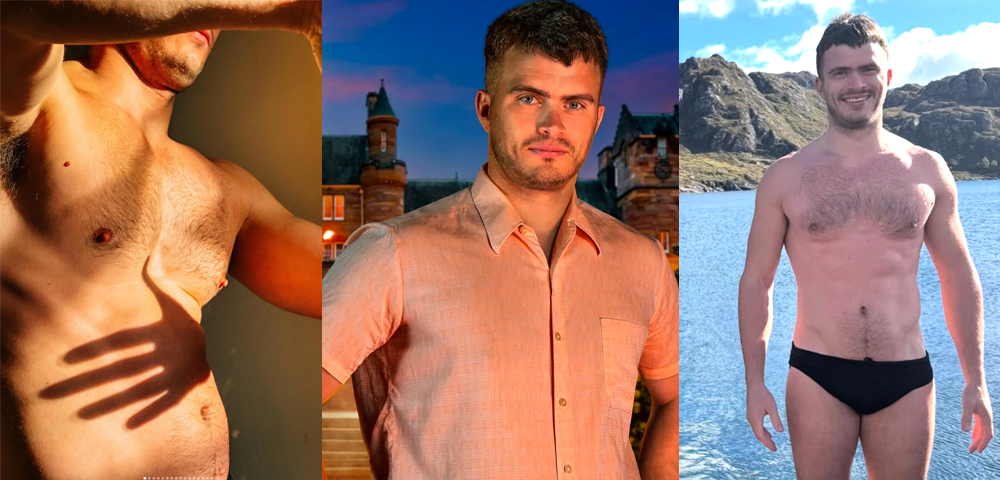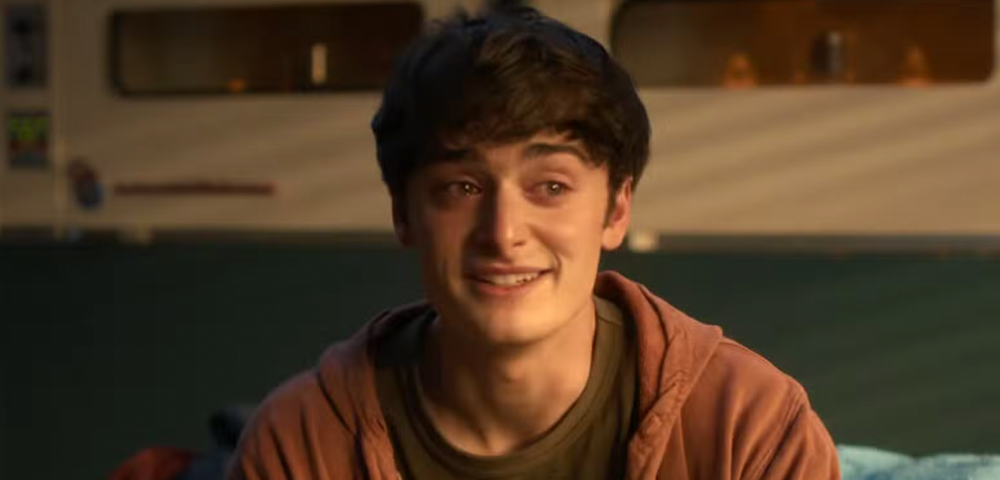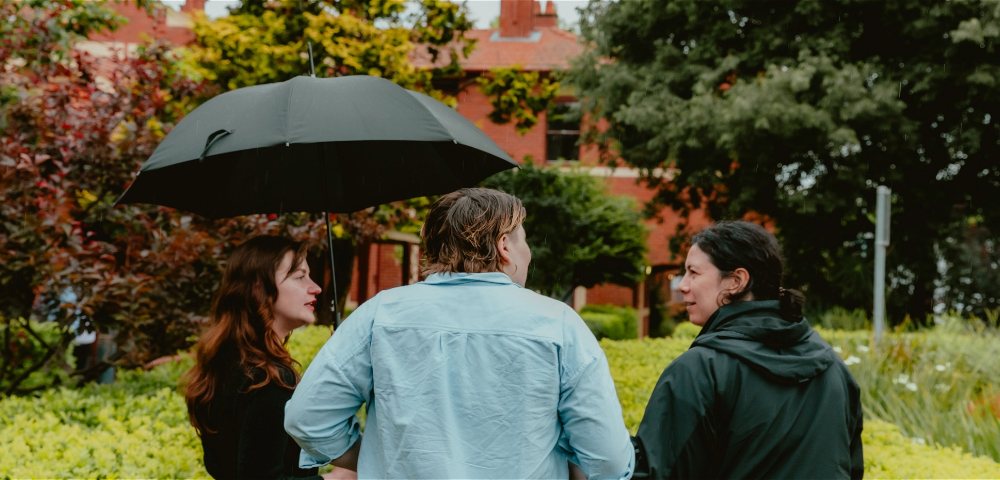
Religious leaders call for compassion and new direction to tackle HIV/AIDS

A MESSAGE of remembrance, understanding and an urge for society and governments to not forget compassion when discussing HIV and AIDS echoed around Brisbane during World AIDS Day last Sunday.
Both religious and community health leaders used the occasion to share messages of open mindedness, love, and a greater need to feature real stories, experiences and faces in the ongoing fight against the disease – rather than rely on opinions and policy based on statistics.
At the official WAD religious ceremony held at St John’s Cathedral, several speakers highlighted the necessity for the community and governments to exercise compassion and work tirelessly to tackle the stigma that still surrounds HIV and AIDS.
“We bring love to today – a love for those who are most important in our lives, and the love of a compassionate community bringing understanding and support to people living with HIV,” Positive Directions southeast Queensland service manager Brian Barton said.
Father Trevor Bulled recalled several personal stories of his experience with HIV and AIDS during the initial outbreak and further into its history in Queensland.
“It is through togetherness and companionship that enables the record high of the [HIV and AIDS] diagnosis rate to be countered. To be confronted and to find that it is not so hopeless at all,” Bulled said.
“It is because we have one another. It is because we can be compassionate that we don’t have to cope with [HIV and AIDS] alone.
“We are not here for ourselves. We are here for each other… We might not get to zero [diagnoses], but we shouldn’t not try.”

AIDS councils and sexual health organisations across the country have been grappling with how to engage with the changing trends and approaches taken by men who have sex with men, in a new way that dealt with the growing prevalence of risk-reduction strategies.
St John’s Cathedral archbishop Peter Catt believed a new message was also required of the church.
“It’s about people getting to know people. Whenever we add a human face to any question, whether that is people living with HIV or refugees, when the human face is there, the ball game chances. It’s really about making sure that we keep the human face and tell human stories, real stories,” he told the Star Observer.
“Real people make a real difference to issues. We need to stop intellectualising things and engage at the heart level and gut level. At the intellectual level we can argue about things forever.
“In the end it’s not about the arguments. It’s about the people and if we get to know the people and their stories then we actually enter into a different process.”
